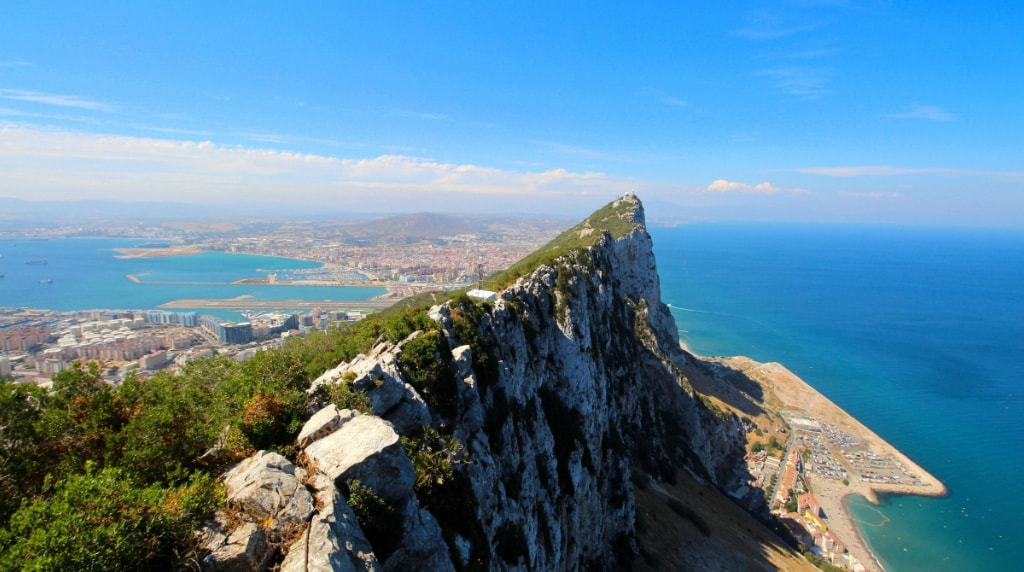Thailand’s Leap Towards Legalizing Casino Entertainment Complexes
Thailand is rapidly advancing towards the legalization of casino-based entertainment complexes, possibly as early as next year. This significant move is driven by the Thai government’s progressive stance and strong bipartisan support, reassuring investors and stakeholders within the entertainment industry. The current focus is on identifying optimal locations for these integrated resorts, which are anticipated to transform Thailand’s entertainment and tourism landscape significantly.

Thailand is rapidly advancing towards the legalization of casino-based entertainment complexes, possibly as early as next year.
©allphotobangkok/Pixabay
The unique challenges in navigating Thailand’s political landscape, especially concerning contentious issues like gambling legalization. Despite the complexities posed by the multi-coalition system, casino gambling legalization is a monumental step forward. This consensus marks a continuation of efforts initiated by the previous military government, aiming to boost Thailand’s tourism sector and combat illegal gambling.
The new government in Thailand has shifted its focus to prioritize economic policies over political and social reforms. Prime Minister Srretha Thavisin is at the forefront of this drive. His administration is concentrating on significant infrastructure developments and international diplomacy to attract foreign investments and bolster the economy.
On October 26th, 2023, Thailand’s House of Representatives took a significant step by approving the formation of a special committee tasked with exploring the legalization of casinos within entertainment venues. This committee, embodying a wide range of political perspectives, has been given 90 days to present its findings. The establishment of this committee is a notable milestone in Thailand’s journey towards legalizing casino gambling.
Envisioning Entertainment Resorts Across Thailand
Chatchawal Kong-Udom foresees the establishment of entertainment resorts across various regions of Thailand. These resorts are projected to attract investments ranging from $1 to $4 billion, creating thousands of job opportunities. The anticipated economic contribution and the potential for employment creation, particularly for Thai migrant workers, highlight the far-reaching benefits of this initiative.
Several regions within Thailand are being considered for these entertainment complexes. The Bangkok metropolitan area and key southern provinces are deemed suitable locations, backed by significant transportation infrastructure investments. These areas are poised to support the operational needs of large-scale entertainment resorts, making them attractive options for investors.
A political stronghold for both the ruling and opposition parties, is also being eyed as a potential site for these complexes. Additionally, the eastern seaboard area, emerging as a new political stronghold, presents itself as another viable location. The selection of these sites will be crucial in ensuring the success and accessibility of the entertainment resorts.
Thailand’s swift progress in legalizing casino gambling is indicative of its ambition to become a leading destination in the region’s entertainment and tourism sector. The country’s approach and speed in this arena suggest that it might even outpace Japan’s efforts to open integrated resorts in Osaka. Thailand’s potential to emerge as a forerunner in the Asian entertainment industry is increasingly becoming a reality.
Thailand’s Strategic Positioning in Regional Entertainment and Tourism
The potential legalization and establishment of casino-based entertainment complexes in Thailand signify a strategic move to position the country as a key player in the region’s entertainment and tourism industry. The Thai government’s approach, characterized by a blend of economic focus and international diplomacy, is tailored to attract significant foreign investment and cater to a global audience.
The selection of strategic locations like Bangkok, the southern provinces, the northeast region, and the eastern seaboard area for these complexes aligns with the country’s vision to leverage its geographical diversity. This approach ensures that the benefits of the entertainment resorts are distributed across various regions, contributing to nationwide economic growth.
As Thailand potentially precedes Japan in opening integrated resorts, it positions itself as a competitive destination in Asia’s entertainment and tourism sector. This move could redefine the regional landscape, attracting tourists and investors who are seeking new and exciting entertainment options. Thailand’s ambition to lead in this sector reflects its commitment to economic diversification and growth.



